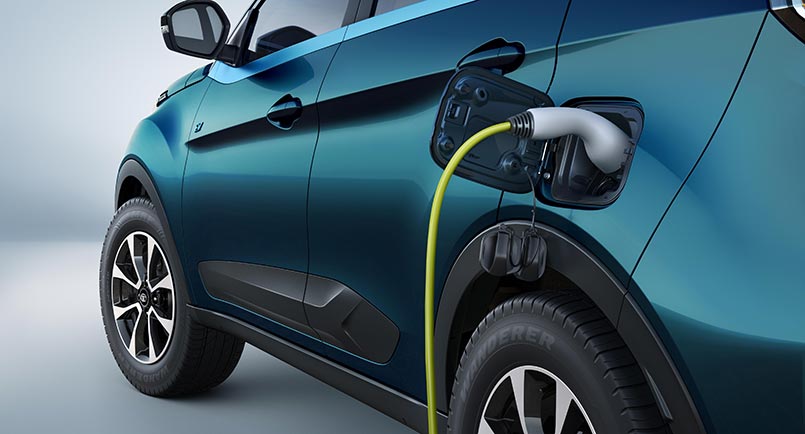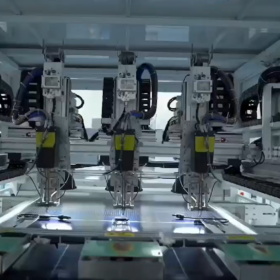India is registering a small but steady growth in the adoption of electric vehicles (EVs).
EVs accounted for about 1% of the overall vehicles sold over the last three years. And as of July 19, 2021, the total number of EVs registered in India over the last three years stood at about 520,000.
This information was shared by the road transport and highways minister in the Parliament recently.
The government is promoting EV adoption through various schemes and incentives as it seeks to cut dependency on fossil fuels.
As of July 9, 2021, the government, through its Faster Adoption and Manufacturing of (Hybrid) and Electric Vehicles (FAME) initiative, has supported the purchase of a total of 3,61,000 EVs with incentives cumulating to about INR 600 crore (US$ 81 million). Category-wise, the number of subsidized EVs included electric two-wheelers 2,35,000, electric three-wheelers 20,000 and electric four-wheelers 106,000. Further, 862 electric buses amounting to a demand incentive of about INR 492 crore were deployed as of June 30, 2021.
FAME II
The FAME scheme was launched in 2015. At present, its second phase, with total budgetary support of INR 10,000 crore (US$ 1343 million), is being implemented for a period of five years w.e.f. April 1, 2019.
FAME-II focuses on supporting the electrification of public and shared transportation. It aims to support, through subsidies, approx. 7,000 e-buses, 500,000 e-3Ws, 55,000 e-4W passenger cars and one million e-2Ws. In addition, it supports the creation of charging infrastructure to address range anxiety among EV users.
Under FAME Phase-II, overall 87,659 EVs (including e-2W, e-3W, and e-4W) have been supported till July 20, 2021, by way of incentive. Karnataka has sold the maximum number of EVs (19,270) with subsidy support under FAME-II. Tamil Nadu follows next with 13,515 EV sales.
A total of 2,877 EV charging stations with capital subsidy amounting to about INR 500 crore (US$ 67 million) have been sanctioned for 68 cities across 25 states and union territories under Phase II of the FAME India Scheme. Under Phase-I of the FAME India Scheme, 427 charging stations were installed.
Other measures
To promote EVs in the country, the Government has reduced GST on electric vehicles from 12% to 5% and GST on EV chargers/charging stations from 18% to 5%. Further, private charging at residences and offices is allowed as per a power ministry notification on charging infrastructure standards. The housing & urban affairs ministry has amended the Model Building Byelaws 2016 to establish charging stations and infrastructure in private and commercial buildings.
Battery-operated vehicles will be given green license plates and be exempted from permit requirements. Besides, States have been asked to waive road tax on EVs, which, in turn, will help reduce the initial cost of EVs.
This content is protected by copyright and may not be reused. If you want to cooperate with us and would like to reuse some of our content, please contact: editors@pv-magazine.com.









1 comment
By submitting this form you agree to pv magazine using your data for the purposes of publishing your comment.
Your personal data will only be disclosed or otherwise transmitted to third parties for the purposes of spam filtering or if this is necessary for technical maintenance of the website. Any other transfer to third parties will not take place unless this is justified on the basis of applicable data protection regulations or if pv magazine is legally obliged to do so.
You may revoke this consent at any time with effect for the future, in which case your personal data will be deleted immediately. Otherwise, your data will be deleted if pv magazine has processed your request or the purpose of data storage is fulfilled.
Further information on data privacy can be found in our Data Protection Policy.